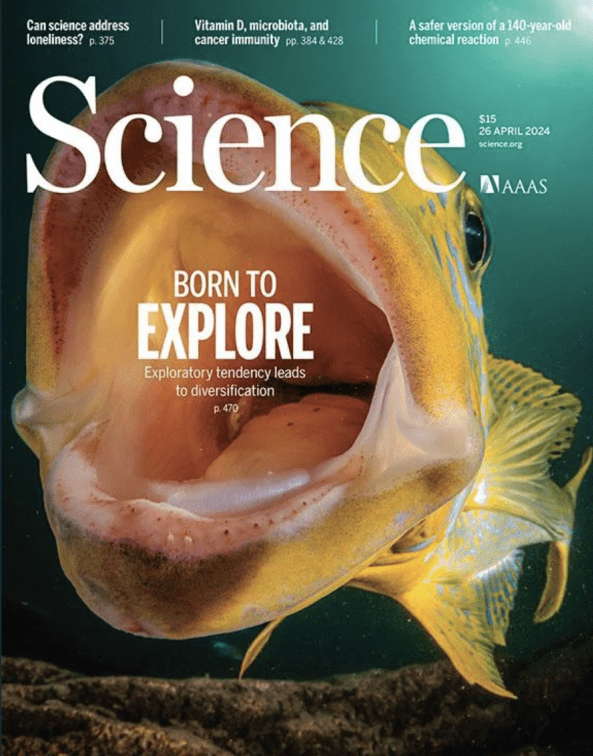New Study Reveals Global Biodiversity Decline, Urges Collaborative Action
International Research Warns of Climate Change's Growing Impact Based on UMD data
There is an urgent need for renewed efforts to achieve international biodiversity goals, according to an international study published in Science and co-authored by Professor and Associate Chair George Hurt and Associate Research Professor Louise Chini.
Providing new insights, the research reveals a global decline in biodiversity ranging from 2% to 11% since 1900, primarily due to increased land use. Additionally, the study suggests that climate change may become the main driver of biodiversity loss by the mid-21st century.
The analysis was led by the German Centre for Integrative Biodiversity Research (iDiv) and the Martin Luther University Halle-Wittenberg (MLU), in collaboration with the University of Maryland. Titled “Global trends and scenarios for terrestrial biodiversity and ecosystem services from 1900 to 2050,” the paper compared 13 models for assessing the impact of land-use change and climate change on four distinct biodiversity metrics, as well as on nine ecosystem services.
“This is the largest and most consistent assessment to date of the global trends of biodiversity loss past-future,” Hurtt said, also leader of UMD’s Global Ecology Lab.
The analysis encompasses three distinct future scenarios, each reflecting diverse societal choices aimed at achieving various climate mitigation targets. The study shows how the land-use choices, combined with future climate change in these future scenarios, can have a negative trend for biodiversity and ecosystem services losses.
The study relied in part on global Land-Use Harmonization (LUH2) data, led by Hurtt and Chini and involving dozens of co-authors from around the world. The resulting datasets are used to “provide historical land-use change data, to ‘harmonize’ the future land-use projections with historical data, and also to provide additional land-use detail related to those future land-use scenarios, including gridded areas of secondary (recovering) forests,” Chini explained.
While the "global sustainability scenario" offers some hope, other predictions suggest a less optimistic outlook. Hurtt cautioned that the threats posed by land-use change may soon be outweighed by those of climate change. “The biodiversity and climate of our planet are linked and thus share common solutions,” he said. The study suggests synergistic policies, such as deforestation reduction, effective protected areas, changes in consumption and sensible natural climate solutions, as effective strategies to mitigate both biodiversity loss and climate change.
Published on Tue, 04/30/2024 - 17:48


